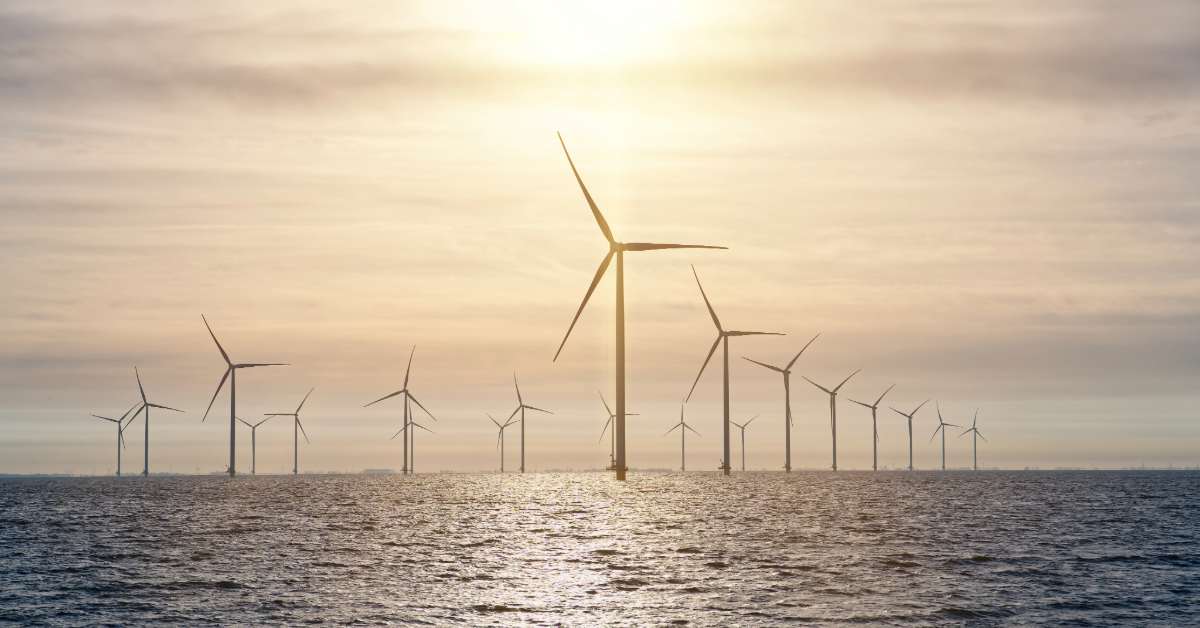Denmark is moving forward with Danish energy infrastructure contract for the Bornholm Energy Island, despite an unresolved financial agreement with Germany. The project, a future hub for offshore wind power, has the potential to supply electricity to 3.3 million homes.
Green Light for Billions at Stake
Denmark’s government has decided to greenlight a crucial phase of one of its most ambitious renewable energy projects—Bornholm Energy Island. The Danish state-owned transmission system operator, Energinet, has now been authorized to sign a contract for the installation of transmission cables and an onshore transformer station. These components are necessary to handle the massive electricity supply expected from the planned offshore wind farm in the Baltic Sea. Denmark is moving forward with renewable energy.
The wind power facility, to be located roughly 15 kilometers south of Bornholm, is designed to eventually generate up to 3 gigawatts of electricity. This is enough to meet the annual power needs of approximately 3.3 million Danish households—a significant contribution to both national and European climate targets. While this contract propels the infrastructure side of the project forward, other key components remain uncertain. The project is an important step for Danish energy efforts.
Germany’s Commitment Still Pending
Despite the progress, the larger vision for the Danish Energy Island, Bornholm, is still uncertain due to unresolved negotiations with Germany. An agreement with Germany would ensure financial and operational collaboration on electricity transmission, with Germany expected to receive about two-thirds of the power generated by the facility.
The original project timeline targeted completion by 2030, but this has now been deemed unrealistic. Current estimates suggest that electricity production from the site may not begin until at least 2034, with full operations likely delayed until 2036. The delays reflect both the complexity and the scale of the infrastructure involved.
Financial Gaps and Political Risks
The project’s costs have significantly increased. In 2023, Danish lawmakers approved DKK 17.6 billion (approximately USD 2.5 billion) in public support. But recent calculations suggest that the actual total may climb to DKK 31.5 billion (around USD 4.5 billion). That price tag has prompted concerns among coalition parties, many of whom have expressed hesitation about committing further funds in the absence of a clear financial contribution from Germany.
Another pressing concern is the risk of substantial penalties. Should the Danish Energy Island project ultimately be canceled, Energinet would be liable to pay significant termination fees under the transmission cable and transformer station contract the company is now authorized to sign.
EU Funding Drives Urgency
Adding to the pressure is the potential risk of losing a EUR 645 million (roughly USD 700 million) grant that the EU awarded to the project in January 2024. That funding is tied not only to construction progress but also to a functional partnership between Denmark and Germany.
With this in mind, Danish authorities have launched what they are calling a new negotiation phase with Germany, set to conclude by the end of 2024. Before the turn of the year, Denmark hopes to have final clarity on Germany’s financial stake in the Danish Energy Island, Bornholm.
A Strategic Gamble
The Danish government’s recent move marks a calculated risk. Politically, it signals strong commitment to the green transition and the broader European goal of energy independence, particularly from fossil fuels. Technically, however, it puts Denmark on the hook for a multibillion-kroner infrastructure contract without all the financial pieces aligned.
The upcoming negotiations with Germany will likely determine whether this bold step forward becomes a national success story or a costly political miscalculation. For now, Denmark is betting on its ability to secure German collaboration before year’s end, potentially setting the stage for one of Europe’s largest offshore energy hubs.





